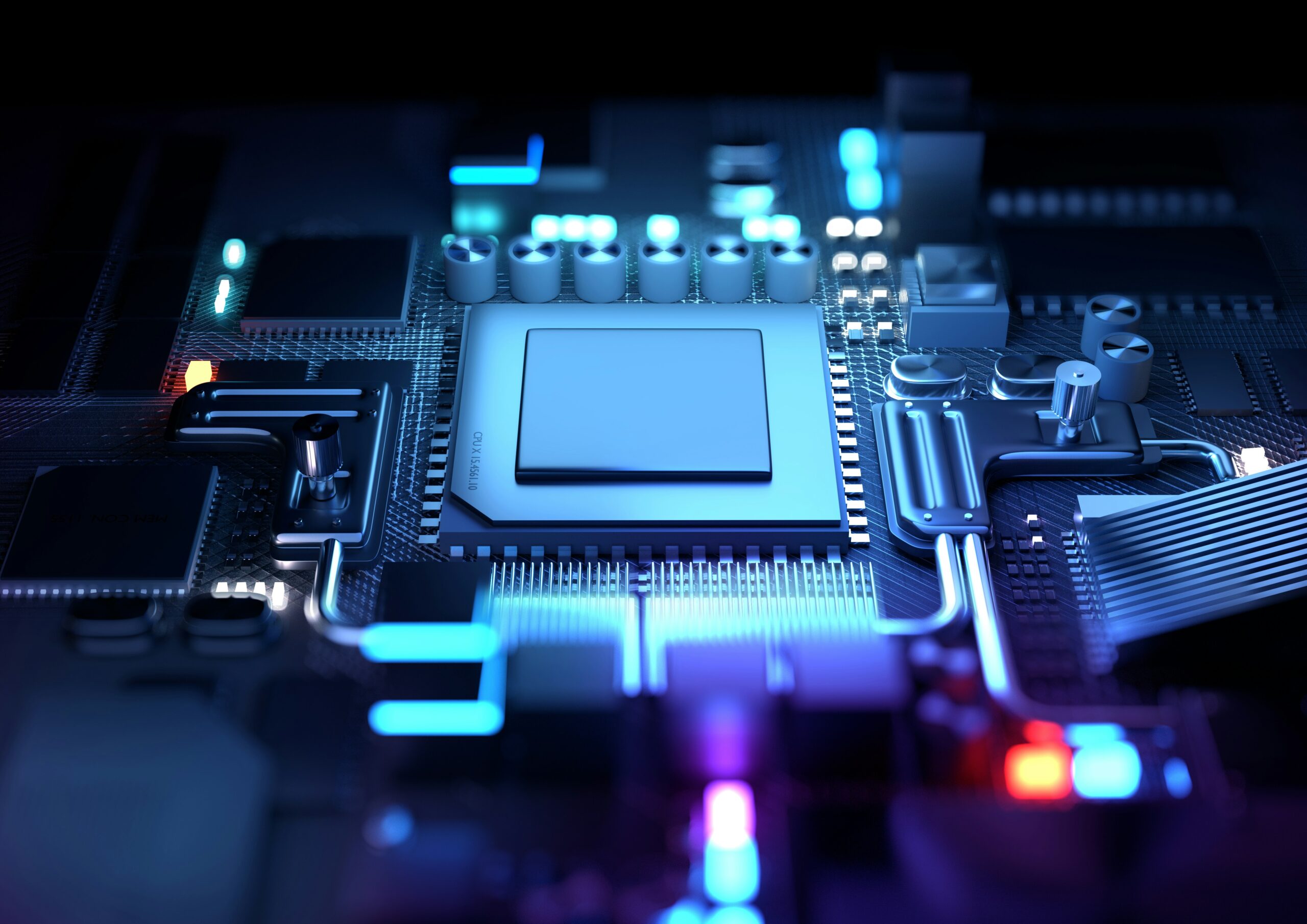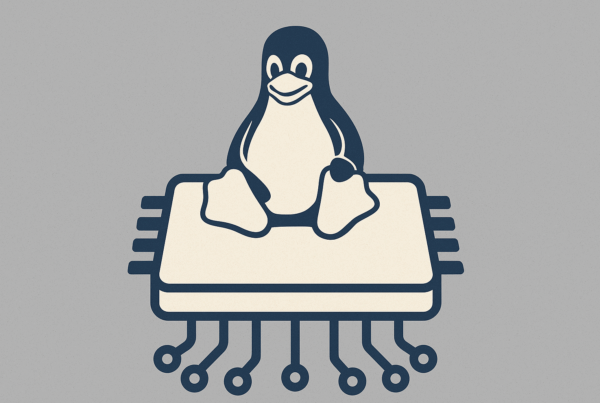Revolutionizing Embedded Systems with Modern C++
Embedded systems are evolving rapidly due to advancements in hardware, software, and connectivity, and so should the way we develop them. Today, modern C++ (from C++11 to C++17 and beyond) is giving engineers a fresh set of tools to write safer, faster, and more maintainable code, even in resource-limited environments. By combining power, flexibility, and performance, modern C++ is proving to be a game-changer for embedded systems.
Why Modern C++?
Modern C++ offers many powerful features that significantly enhance embedded development:
-
Faster, Smarter, and Safer Code:
Modern C++ introduces tools like constexpr, smart pointers (e.g., std::unique_ptr), and lambdas that allow engineers to shift computations to compile-time, freeing up precious runtime resources, manage memory safely to reduce bugs like memory leaks, and write clean, quick event-handling functions that improve responsiveness. This combination of features is especially crucial for real-time applications, such as autonomous vehicles or robotics.
-
Optimized Performance with Move Semantics and Multithreading:
With move semantics, engineers can transfer data efficiently, avoiding unnecessary copies and improving performance. Additionally, multithreading in modern C++ allows for better task management, making it easier to handle complex systems that require parallel operations, such as processing sensor data while controlling multiple robotic functions.
-
Cross-Platform Compatibility & Flexibility:
Embedded systems often need to run on various types of hardware. Modern C++ makes it easier to build cross-platform code that works seamlessly across different systems, from microcontrollers to high-end processing units. This flexibility is key for projects that need to support a range of devices, like automotive systems and robotics.
Real-World Wins
Here’s how modern C++ is already making a difference in the real world:
-
Automotive Systems:
Driver-assistance systems must process sensor data in real-time with speed and reliability. Modern C++ enables engineers to pre-calculate key data at compile time and efficiently manage resources, ensuring high performance and safety. Key examples include Tesla’s Full Self-Driving (FSD), NVIDIA DriveWorks, and Mobileye’s ADAS solutions.
-
Robotics:
Robots need to process complex sensor data and react quickly to the environment. Modern C++ allows engineers to create real-time, high-performance systems for robots, drones, and other automated systems. A key example of this is the increasing adoption of ROS 2, which leverages modern C++ to enhance performance, scalability, and real-time capabilities.
-
Aerospace:
Aerospace systems need to meet the highest safety standards. With modern C++, developers can write rigorous, high-performance code while ensuring safety and reliability even in extreme conditions. However, this industry has been slower to adopt modern C++ compared to automotive and robotics, largely due to stringent safety regulations and legacy systems. That said, cutting-edge companies like SpaceX demonstrate how modern C++ can drive innovation here too.
Facing the Challenges
While the advantages are clear, adopting modern C++ has its challenges:
-
Toolchain Compatibility:
Not all embedded systems use the latest compilers, so ensuring compatibility with older platforms can require extra work.
-
Resource Management:
Some modern C++ features come with added resource costs, requiring developers to carefully balance performance gains with hardware constraints.
-
Learning Curve:
Moving from traditional C to modern C++ can be tricky, but the investment pays off with more reliable, maintainable code in the long run.
The Road Ahead
Looking toward 2025, modern C++ is set to keep improving how we build embedded systems. It’s not just about new features—modern C++ helps developers build smarter, faster, and safer systems. Whether you’re working on automotive, aerospace, or robotics, the power of modern C++ will continue to shape the future of embedded technology.
What do you think: could modern C++ be the key to unlocking the next level of performance in embedded systems, or is it just overhyped?
Looking to grow your team with Embedded C++ Experts or looking for a new opportunity? Contact luiza@akkar.com






